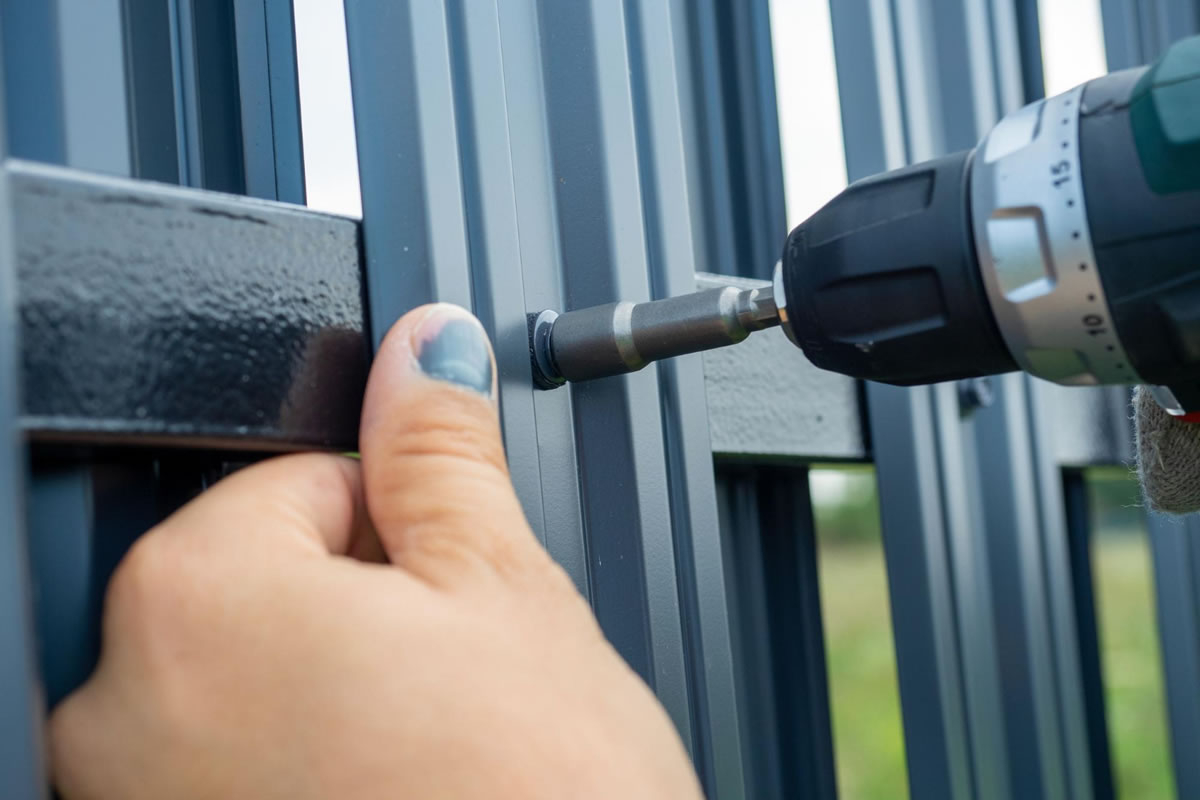5 Things You Need to Know About Fence Installation

Even though fence installation is not as complicated as installing a pool or building a house, there are essential factors you must be aware of. Fence contractors in Sanford do not advise installing a fence or digging up ditches without prior research and preparation. It is imperative to look into local laws and regulations in your area to determine what you can and can't do before a fence installation.
Always follow local regulations.
Many property owners believe they don't have to consider local regulations when installing fencing because it is a reasonably small construction project. However, there are often local regulations for fencing construction, and if you do not follow them, you will likely be forced to take down your fence and lose the money you have invested. Therefore, to save yourself money in the future and prevent problems from coming up, you should always consult local regulations regarding fence installation.
These regulations vary from area to area and state to state, so you must understand the rules and regulations specific to the location where you reside. These regulations often limit where you can install fencing, fencing height, and whether you are required to undergo any checks, testing, or apply for any permits. Don't risk causing trouble with local authorities, and check fencing regulations before starting your project.
Posts must be at least 2 feet deep.
When a fencing company installs posts for fencing, they need to be installed at least 2 feet and the ground to be a stable anchor for the weight of fencing panels and any force applied to the fence. Though two feet does not seem very deep, you may have gas lines, piping, sewage tanks, or hard rock in your yard that you need to be informed of before a fence company starts to dig. To ensure the placement of underground objects, you should consult building plans for your property, which will show where underground items are located. In addition, it is crucial to know land boundaries so that you do not encroach on your neighbors and are not forced to take your fence down after it has been installed.
Be patient.
Before starting a fencing project, it is crucial to understand that installing a fence will not happen instantly. If you have a particularly tough ground or are having a longer fence installed, it can take several days, especially in the busiest months of the year. Understanding that contractors will not install your fence instantly is vital to ensure the happiness of everyone involved in the process. Fencing takes time to do right.
Hire a professional.
If you have some level of do-it-yourself experience, putting up a simple or small fence might be possible. On the other hand, metal or vinyl fences are difficult to install. Therefore, fence professionals use heavy equipment like pneumatic drivers that most property owners do not have easy access to. This heavy machinery is used to drive fence poles deeply into the ground so that they can be effective at protecting your fence against force and holding any weight applied to them.
Gap distance matters.
If you install your fence to prevent your pets or children from escaping or for security reasons, it is essential to consider pole distance on wrought iron fences. Animals and children can fit through relatively small gaps and sneak off your property without you ever knowing. Fencing professionals are highly qualified for spacing fence materials. As long as you discuss your needs with them about using your fence, they will happily adjust installation plans to keep your pets and children safe.
Different fencing materials require diverse installation techniques.
Not all fencing types are created alike. For example, installing a chain-link fence is significantly different from installing a vinyl fence. Therefore, it is crucial to consider the fence materials themselves, the time needed for installation, and the methods used.
Seasons do matter
Though installing a fence nearly any day out of the year is possible, certain seasons are better than others for fence installation. For example, fence installers are typically busiest during the spring and summer months because of the warm weather conditions. On the other hand, the winter season makes installing fences particularly hard. When the ground is frozen, it can be almost impossible for fence contractors in Sanford to dig in the ground deep enough for fence posts within a reasonable time frame. Therefore, fall is an optimal time for fence installation because temperatures are a bit cooler for workers who have to work outside, and you can easily prune plants and trees if they are in the way.
Call us today for all your fence installation and repair needs. We want to be your fencers.